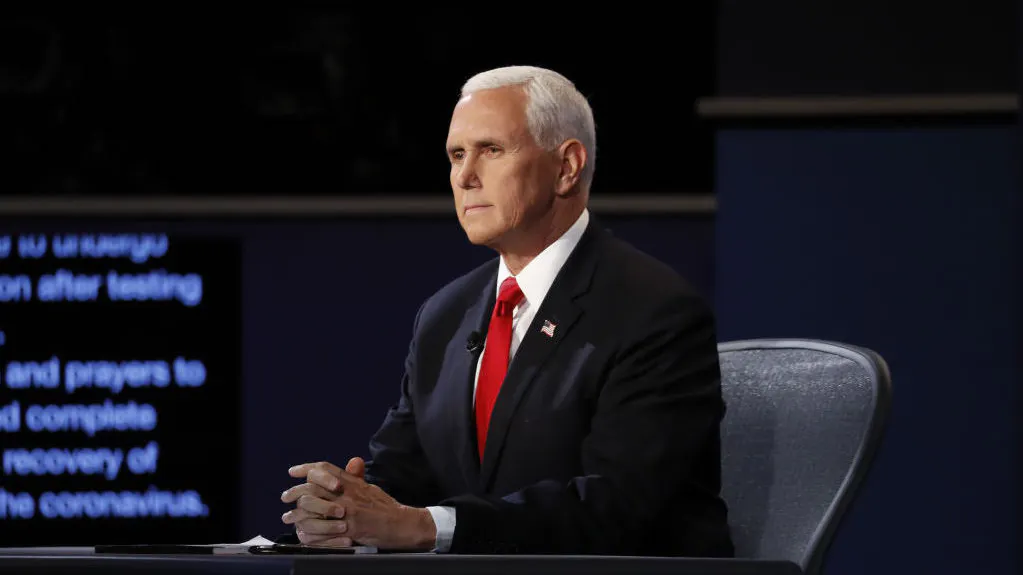On Saturday, it was reported that Vice President Mike Pence and his wife Karen will attend the inauguration of President-elect Joe Biden on Wednesday, January 20.
Vice President Mike Pence will attend the inauguration of Joe Biden and Kamala Harris, a person familiar with his decision says. Trump has said he is not going.
— Josh Dawsey (@jdawsey1) January 9, 2021
Breaking with a tradition that has been uninterrupted since the inauguration of President Ulysses S. Grant in 1868, President Trump tweeted on Friday that he would not attend the inauguration, writing, “To all of those who have asked, I will not be going to the Inauguration on January 20th.”
Three presidents have openly refused to attend their successor’s inaugurations: John Adams in 1801, John Quincy Adams in 1829, and Andrew Johnson in 1869.
Adams faced off against his own vice-president, Thomas Jefferson, in the 1800 presidential election in a campaign that was chock-full of mud-slinging from the factions supporting the candidates, despite the fact that the two men had once been good friends who were largely responsible for the Declaration of Independence (Adams fighting for it and Jefferson writing it). But in the 1800 campaign, Adams and Jefferson championed two vastly different perspectives on the centrality of the federal government. Some historians have speculated that Adams did not attend the inauguration, leaving the White House earlier in the day, because he thought his presence would trigger violence.
The two men stopped speaking to each other soon after the election — a silence that lasted twelve years. In 1811, a neighbor of Jefferson’s visited Adams, and later told Jefferson that Adams had said, “I always loved Jefferson, and still love him.” That broke the ice; Jefferson wrote to Adams, and the next 14 years were spent with them writing and reminiscing. In one of the most famous occurrences in history, they both died on the fiftieth anniversary of the Declaration, July 4, 1826.
John Quincy Adams won the presidency in 1824 in a four-way battle with Secretary of Treasury William H. Crawford, Speaker of the House Henry Clay, and Jackson, though Jackson won the popular vote. Because Jackson fell short of a majority in the Electoral College, the vote moved to the House of Representatives, where Clay threw his support to Adams. Jackson called it a “corrupt bargain,” ran again in 1828, and won.
During the campaign, charges that Jackson’s wife Rachel was an adulteress and Jackson was a bigamist floated around the country. Rachel died of a heart attack three months before the inauguration, just before Jackson was due to leave for Washington, D.C. Her death followed her being made aware of the charges. Although Jackson blamed Clay, he also held Adams responsible; he would not pay a courtesy call on Adams during the three weeks before the inauguration. Adams saw that as a snub and would not attend the inauguration.
Andrew Johnson had served as vice president under Abraham Lincoln and succeeded him after Lincoln’s assassination. Impeached by the House of Representatives, he watched as his own party nominated Gen. Ulysses S. Grant for the presidency. Johnson simply refused to attend Grant’s inauguration.

.png)
.png)

